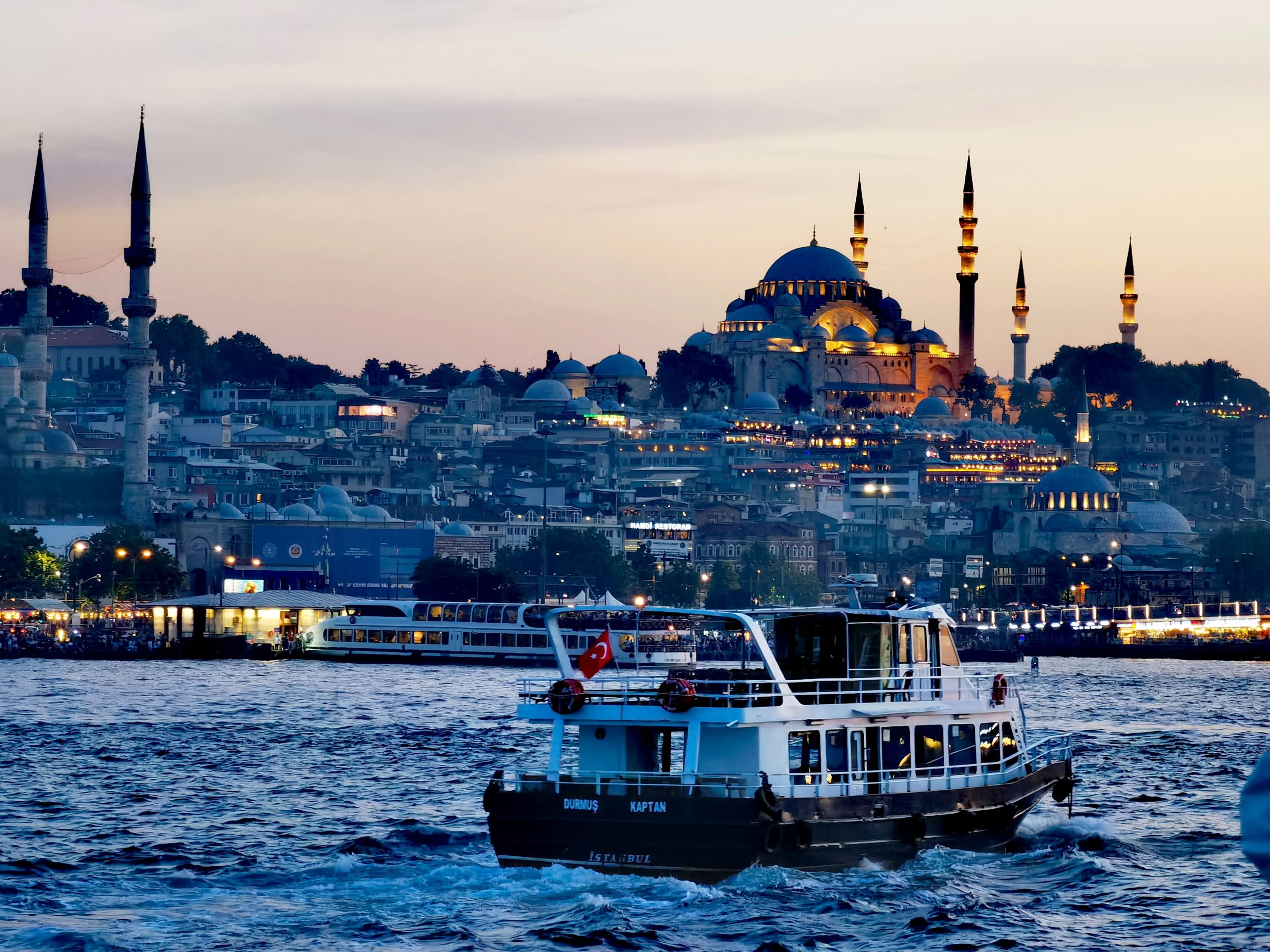
Erdoğan’s re-election: Can the Turkish economy weather another year of crisis?
The re-election of President Recep Tayyip Erdoğan of Turkey, in a hotly contested run-off, presents a precarious picture for the country’s already beleaguered economy. As the nation navigates through a deepening economic crisis, marked by skyrocketing inflation and a devaluing lira, the question remains: can the Turkish economy survive another year under Erdoğan’s leadership?
The presidential elections, initially slated for June but moved to May 2023 to avoid clashing with university exams, the Hajj pilgrimage, and the start of summer holidays, marked the first time a Turkish presidential election had to resort to a run-off1. President Erdoğan, the candidate for the People’s Alliance consisting of the Justice and Development Party (AK Party), the Nationalist Movement Party (MHP), and two other smaller parties, contended with Kemal Kılıçdaroğlu, the candidate from the main opposition Republican People’s Party (CHP). Erdoğan, in the end, came out on top with 52.18% of the vote in the second round, as against 47.82% for Kılıçdaroğlu.
This election was held against the backdrop of an economic crisis that has been worsening over the past five years, with the Turkish lira having devalued steadily, even halving in value in one year alone. Despite these economic challenges, voters did not turn their backs on Erdoğan, who has pursued unorthodox economic policies, including a long-term aversion to raising interest rates, contributing to the rising inflation and the increasing cost of food and other basic goods.
“Turkey right now is deprived of foreign capital because it’s not predictable, it’s not trustworthy … there are effectively zero dollars left, for all practical purposes zero,” said Bilge Yılmaz, an economist of the nationalist IYI party. The Turkish Inflation Research Group (ENAG) recorded a 105.19% price increase last month on the previous year, further aggravating the cost of living crisis in the country.
The U.S. credit rating agency Fitch Ratings forecasts difficulties for the government, pointing to Turkey’s dwindling foreign reserves caused by attempts to stabilize the lira. The new administration will have to grapple with a challenging economic backdrop characterized by pent-up foreign exchange demand, pressure on the lira, a wide current account deficit, declining international reserves, and high inflation.
In his election campaign, Erdoğan dismissed concerns about the rising price of food. He contested claims about a potential onion price surge, stating, “We know how to smash an onion with our fist and how to eat it. In this country, there is no [expensive] onion, potato or cucumber problem. We have already fixed problems in Turkey”. It now remains to be seen whether Erdoğan’s administration can bring about an economic turnaround or if the country will sink further into crisis.
Analysis: assessing the economic outlook
After the 2023 Turkish Presidential election, the prospects for the Turkish economy appear challenging and potentially unstable. The economic crisis in the country is expected to worsen following President Recep Tayyip Erdoğan’s re-election and his alliance’s secured parliamentary majority.
The Turkish lira, which has been steadily devaluing in recent years, including halving in value in just one year, dropped close to a historic low the morning after the election. The country’s inflation rate is at a concerning level, with the Turkish Inflation Research Group recording a 105.19% price increase last month on the previous year. The soaring cost of living, particularly the rising prices of food, has been a focal point during the election, with even the price of onions, a staple in Turkish cuisine, becoming a talking point.
Economists and analysts fear that Erdoğan’s victory could lead to macroeconomic instability in Turkey, with a severe currency crisis and strains in the banking and sovereign debt positions being seen as very real risks. The US credit rating agency Fitch Ratings has highlighted Turkey’s dwindling foreign reserves caused by attempts to stabilize the lira and has forecasted difficulties for the next government.
The Turkish economy has relied heavily on credit booms and demand stimulus for growth over the past five years. The Turkish central bank is estimated to have spent over $177 billion supporting the lira since December 2021. However, these efforts have been accompanied by a sharp rise in inflation and a decline in the value of the Turkish lira.
Erdoğan’s unorthodox economic policies, including a long-standing aversion to raising interest rates, have contributed to the current economic situation. Despite widespread concern about the cost of living, these issues did not drive away support for Erdoğan at the polls.
Given these challenges, it’s clear that the next government faces an uphill battle in restoring economic stability and international confidence. The opposition had hoped to win the election and return to more orthodox economic policies to restore international confidence in the Turkish economy, but this now appears increasingly unlikely. As such, Turkey’s economic crisis could potentially outstrip anything the country has endured in decades, according to economist Bilge Yılmaz of the nationalist IYI party.
As for the evolution of government policy, it’s uncertain how the Erdoğan administration will address these pressing economic challenges. The administration has yet to announce concrete plans to tackle these issues. What is certain is that the economic decisions made by the government in the near future will be of critical importance for the Turkish economy and its citizens.

